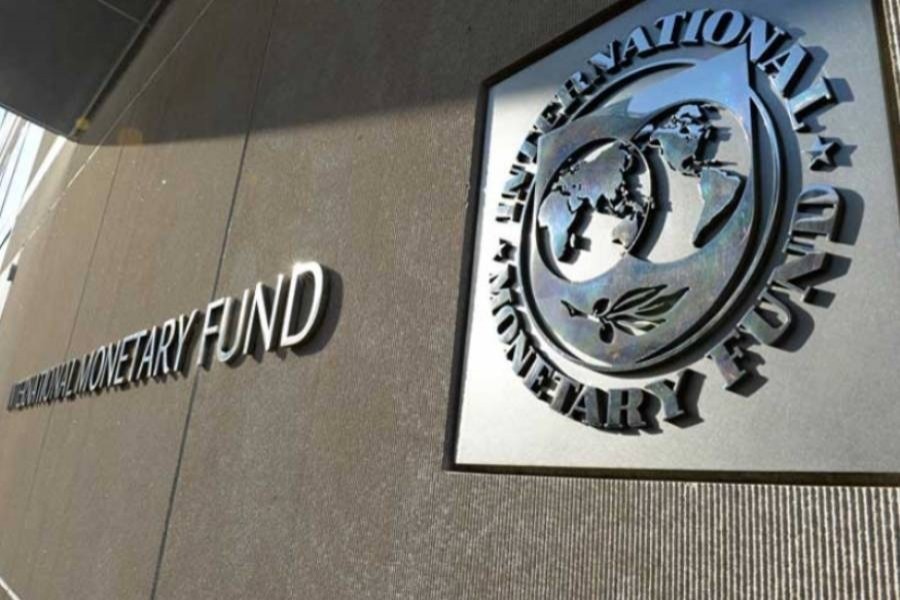Finance officials appear upbeat about getting a US$4.5-billion loan approved as the International Monetary Fund (IMF) opens talks on the budget-support credit Bangladesh has sought to replenish foreign-currency reserves.
A delegation from the IMF started talks with the officials of the ministry of finance in Dhaka on Wednesday, taking insights into the country's economic strengths and weaknesses, sources said.
The 10-member IMF team, led by the agency's mission chief for Bangladesh, Rahul Anand, had several meetings on the first day with finance secretary Fatima Yasmin and her team at her office in the Bangladesh Secretariat.
A senior finance ministry official, who attended the meeting, said the two sides discussed treasury and debt management, budget implementation, and macroeconomic issues, among others.
He said in this debut meeting the IMF delegation talked about measures on meeting the budget deficit, the country's debt structure, balance-of-payments condition, inflationary pressure, lowering subsidies, and also raising revenue collection to fund growing needs.
They also talked about the foreign-currency-reserve position and its calculation method, the exchange rate of taka, growing short-term foreign loans, reducing non-performing loans in the banking sector, and lifting the cap on interest on bank deposits and loans. The visiting IMF team skipped talks with newsmen after the daylong appraisal meetings.
However, the finance secretary said she was hopeful of getting a loan from the IMF. "Talks have just started and will continue," she said.
The IMF team will stay in the capital, Dhaka, until November 09, keenly reviewing the country's economic parameters, including remittance inflow and import-export performance, in exchanges with various ministries and departments concerned.
Deliberations on the funding prerequisites will be capped with a discussion with Finance Minister AHM Mustafa Kamal.
Bangladesh sought IMF assistance amid the freefall of foreign-currency reserves, which came down to $35.98 billion on October 19 from as high as $48 billion in August last year.
Meeting the import bills, in particular, fuel oil and gas imports to generate electricity, has become a major concern for the country as commodity prices mounted worldwide for the Russia-Ukraine war.
Also, a steep fall in export earnings and remittance inflows has also created significant pressure on the country's reserve position.
Ahsan H. Mansur, Executive Director of the Policy Research Institute of Bangladesh (PRI), told the FE that the IMF would help Bangladesh find out the holes in its economy and a way forward.
He feels that during the visit the IMF may suggest Bangladesh use monetary policy as an instrument to contain inflation.
Mr Mansur, who had once served the IMF, however, said getting funds from international agencies may not help to resolve the problem. "If you can't reduce the difference between income and expenditure, your relatives won't be able to recover you by providing loans. I have to plug my own holes."
He questioned the present exchange rates of taka and dollars and suggested the introduction of a full-fledged floating rate of foreign currencies in the country.


